Cultivating Discipline
Fall is the time to plan your garden

After months of getting out early to harvest the garden bounty and water the vegetable beds, fall is here and I have a little extra … Continue reading
We've got issues.

After months of getting out early to harvest the garden bounty and water the vegetable beds, fall is here and I have a little extra … Continue reading
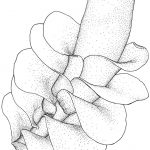
The fires are being enhanced by the effect of years of extended drought. Even on Spencer Butte, Eugene’s prime city park day hike, one can … Continue reading
Most gardeners would like to do a little less routine yard maintenance and spend more time being creative, or even relaxing. But the low maintenance … Continue reading
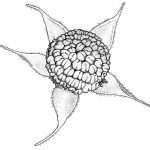
The solar eclipse in August was a rare and spectacular event, predicted with the same accuracy as the timing of the equinox this month (1:02 … Continue reading
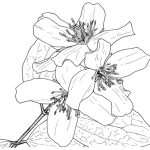
August is a month of tension between the urge to backpack into the high Cascades and the density of mosquitoes near the best campsites around … Continue reading
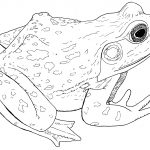
For the first time in several years our reservoirs are full. This is good news all around because it means that there has been a … Continue reading
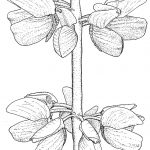
The frenetic flowering rush of spring is tapering off as nature settles into the languorous days surrounding the summer solstice. The sun rises early, before … Continue reading
It looks like the school garden concept is getting some serious respect from the 4J school district. Just look at the spanking new Howard Elementary … Continue reading

I once told my ex-fiancé that I was a vegetarian because I ate only what I could personally kill. He promptly bought me a shotgun … Continue reading

Artesia Hubbard, a University of Oregon student from Colorado, has always been a steward of the land. “I was a river baby. I was always … Continue reading